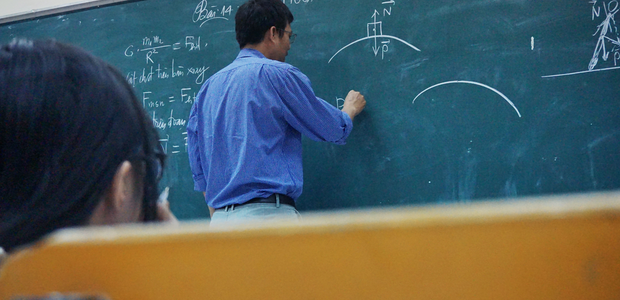Gabriela Zapata on the role of the family of origin in shaping inequality of opportunity in Chile
Gabriela Zapata will present at the WIDER Seminar Series on 7 September 2022.
The role of the family of origin in shaping inequality of opportunity in Chile (period 2006-2017)
Abstract
This paper investigates the role of the family of origin and other circumstances beyond individual control such as gender, region of birth, and ethnicity in shaping inequality of opportunity in Chile between 2006 and 2017. In particular, to what extent circumstances determined at birth are associated with labour market outcomes. Grounded on the inequality of opportunity theory developed by Roemer (1998), this paper adopts a methodology of analysing secondary data sources from two waves of the household survey CASEN. The paper finds that (i) Circumstances that are beyond the control of individuals, including parental education, family composition, birth region, and ethnic background, account for about 29-32 per cent of total income and earnings inequality (measured with the Gini index); (ii) parental background is the most relevant variable in estimating inequality of opportunity and considering additional circumstances, increases the estimates to about 31 per cent ; (iii) Although, between 2006 and 2017 inequality of opportunity has slightly decreased in the country, the role of the family of origin has not.
About the author
Gabriela Zapata is an economist with a PhD from the University of Manchester, UK. She is a postdoctoral research fellow at Universidad Diego Portales, Chile and Honorary Research Fellow at the Global Development Institute of the University of Manchester. Consultant for the German Development Institute (DIE) on the project ‘Social Cohesion in Africa’. Gabriela has been a consultant for UNU WIDER on the project ‘The changing nature of work and inequality’ and a contributor to the book The Developer’s Dilemma Structural Transformation, Inequality Dynamics, and Inclusive Growth. With a quantitative approach, her research has been developed in the areas of inclusive growth, inequality in the labour market, inequality of opportunities and educational achievement and intergenerational mobility.
WIDER Seminar Series
The WIDER Seminar Series showcases the latest research on key topics in development economics. It provides a forum for senior and early-career researchers, both in-house and external, to present recent and ongoing work related to UNU-WIDER’s current work programme.
In addition to providing a forum for both academic debate and training, the series presents an opportunity for policy makers and others interested in development to learn about the latest research methods and findings.
The Seminar Series events take place on Wednesdays. All those interested are invited to register and attend via Zoom.
 Join the network
Join the network